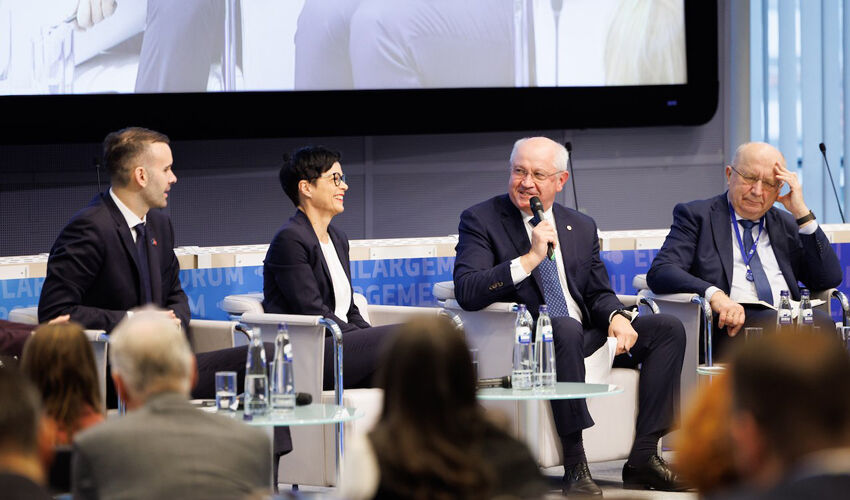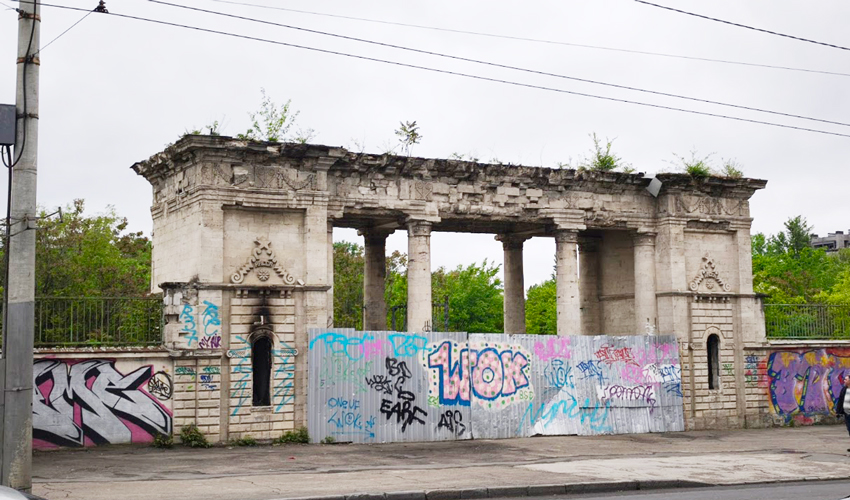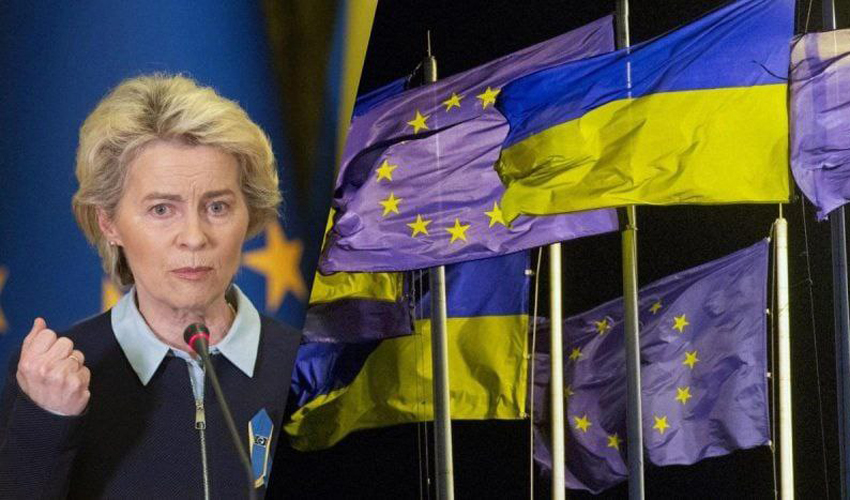
This is a new stage in the process of interaction between Moldovan local authorities and European structures in the context of advancing the country’s EU accession negotiations.
The event was inaugurated by Prime Minister Alexandru Munteanu, who emphasized the role of the local authorities’ representatives in this process: “The European road passes through every settlement. The transposition of the European legislation and the transformations we are carrying out make sense only if they are realized in every settlement”.
The EU Committee of the Regions is a consultative body established in 1994. It serves as a bridge between central and local authorities and a guarantee that the regions are directly involved in the activities of the EU institutions. The Committee was created with the aim of bringing EU structures closer to citizens, giving them the opportunity to express their opinions through it.
“This is a new stage in the process of interaction between Moldovan local authorities and EU structures,” says Viorel Furdui, executive director of the Congress of Local Authorities (CALM). – All issues related to the activity of local authorities, with the recommendations of this body, go to the European Parliament. Therefore, it is important that we have our voice at this level. In this sense, the working group is the first step in such interaction. We do not have direct representation in the committee yet. Only EU members get it, but similar platforms for the implementation of European programs are being created for all countries, including the Balkan region, which are applying for EU membership. CALM has been promoting the idea of such a partnership for more than a decade. And its first meeting was held in Brussels this summer.”
According to the Maastricht and Amsterdam Treaties, the European Commission as well as the Council of Ministers are obliged to consult the Committee of the Regions on issues of direct relevance to local and regional levels in policy areas such as social and economic cohesion, health, education and culture, vocational education, transportation.
The Committee of the Regions makes initiative proposals on certain issues and also monitors compliance with the principle of subsidiarity, as laid down in the Maastricht Treaty, according to which decisions should be taken at the lowest level of government.













